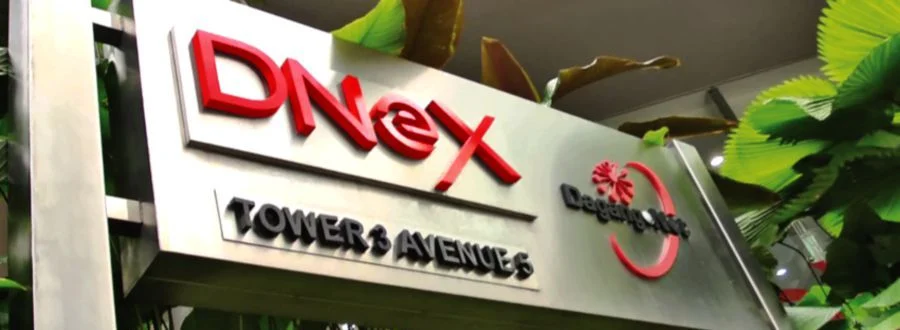It is reported that Foxconn plans to build a chip manufacturing plant in Malaysia to meet the strong demand for semiconductors for electric vehicles. Today, Foxconn signed a memorandum of understanding with Dagang nexchange Berhad, a Malaysian technology company, through a subsidiary. The two sides plan to set up a joint venture to build and operate a 12 inch chip factory in Malaysia.

The move shows that Foxconn's expansion in the semiconductor field has taken another big step forward, and it is also a key step to promote its electric vehicle ambition. Foxconn owns about 5% of Dagang nexchange Berhad and has a seat on the board of directors. This also means that Foxconn indirectly controls the chip manufacturer silterra's 8-inch chip factory in Malaysia. Silterra is a subsidiary of Dagang nexchange Berhad.
Before Malaysia signed the memorandum, Foxconn announced in February that it would establish a chip factory in India with Vedanta, an Indian natural resources group. Last year, Foxconn also acquired a chip factory in Hsinchu, Taiwan, to develop silicon carbide chips for automobiles.
The planned Malaysian plant is expected to produce 40000 chips per month, including 28nm and 40nm processes, which is also the most widely used chip production technology for microcontrollers, sensors, driver integrated circuits and connection related chips (including WiFi and Bluetooth). At present, major chip manufacturers such as TSMC, United Microelectronics Corp and SMIC are expanding the production capacity of 28nm chips.
The exact location and investment scale of the Malaysian factory have not been announced. However, chip industry executives expect the capital expenditure of the project to be $3 billion to $5 billion according to the planned capacity and technology involved.
Today, Southeast Asia has become a popular destination for chip manufacturers to expand production capacity. Global foundries, the world's third-largest chip foundry, is spending $4 billion to expand production capacity in Singapore. Lianhua electronics, the fourth largest chip foundry, recently announced that it will spend $5 billion to build another factory in Singapore.
Meanwhile, Infineon, Europe's largest chipmaker, is investing € 2bn to expand its manufacturing plant in Kulim, Malaysia, to produce "power semiconductors", a key component of electric vehicles.